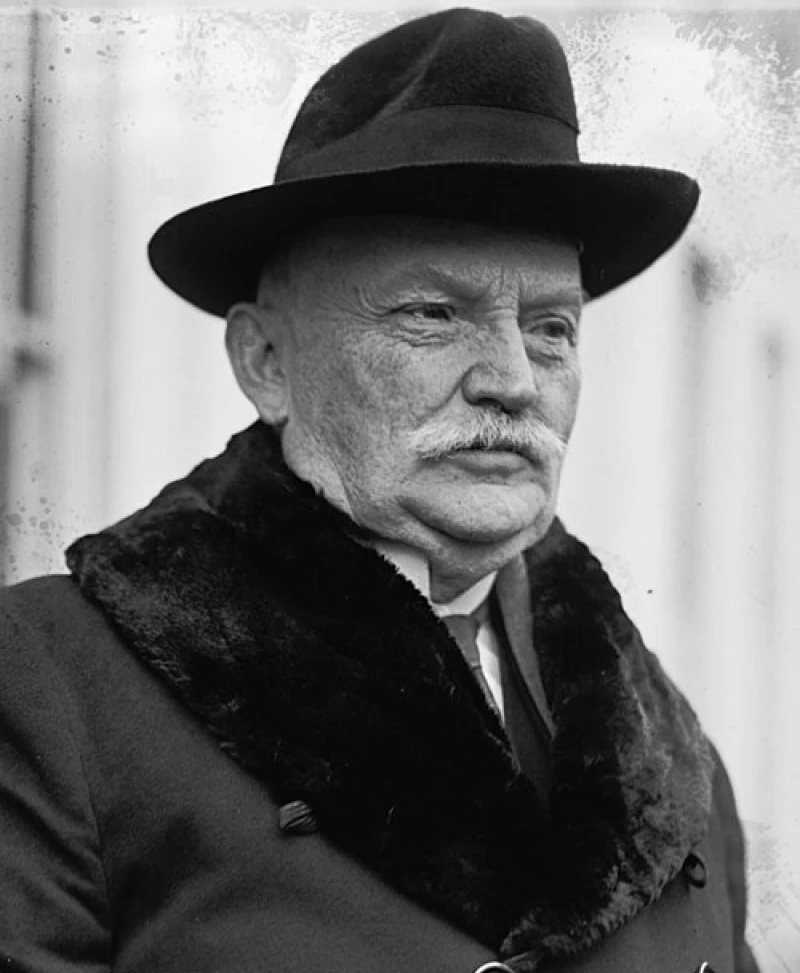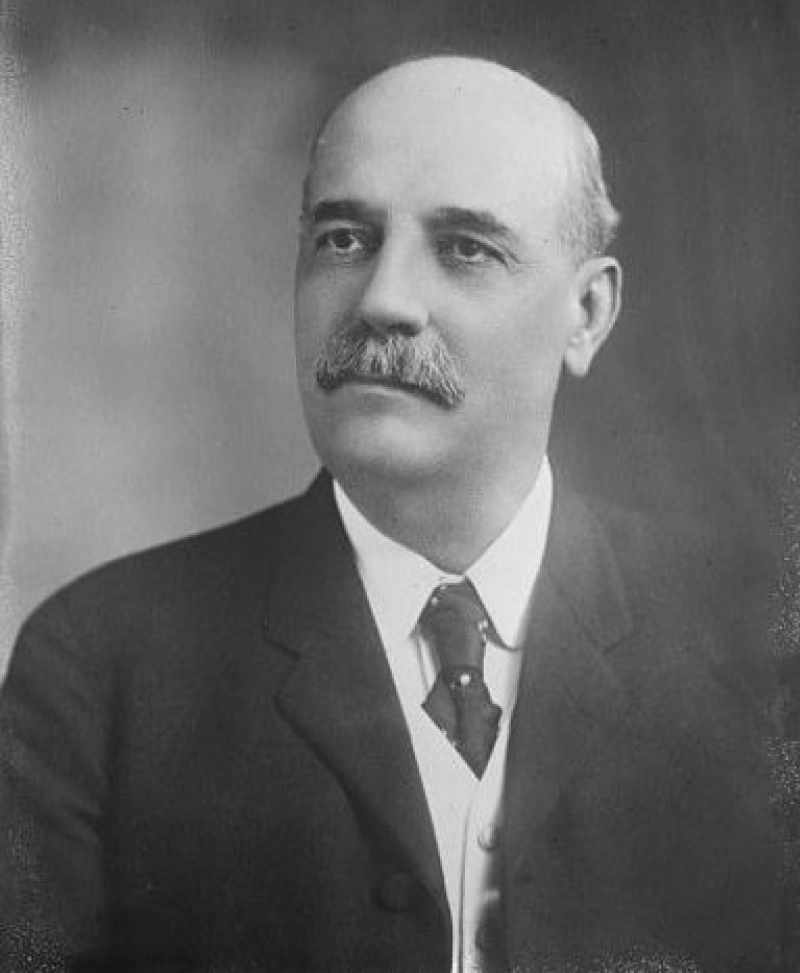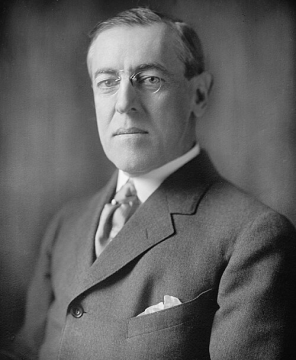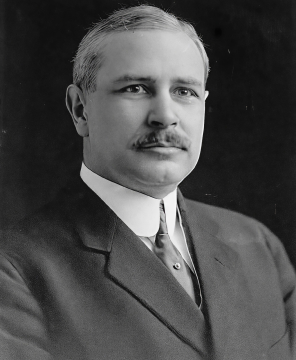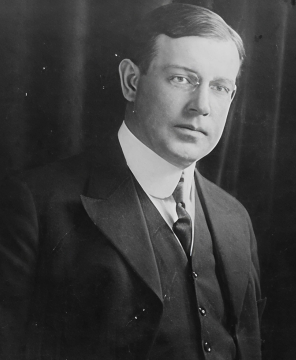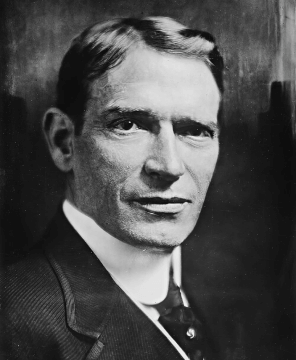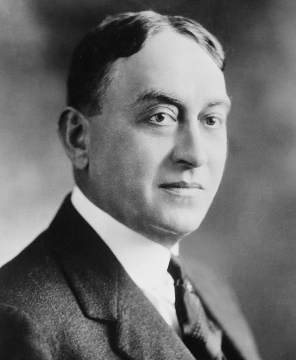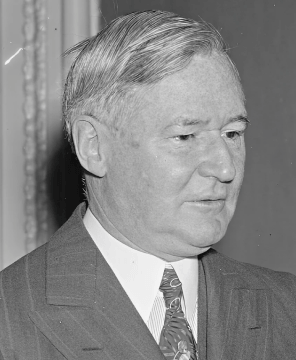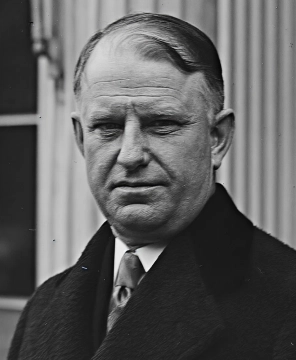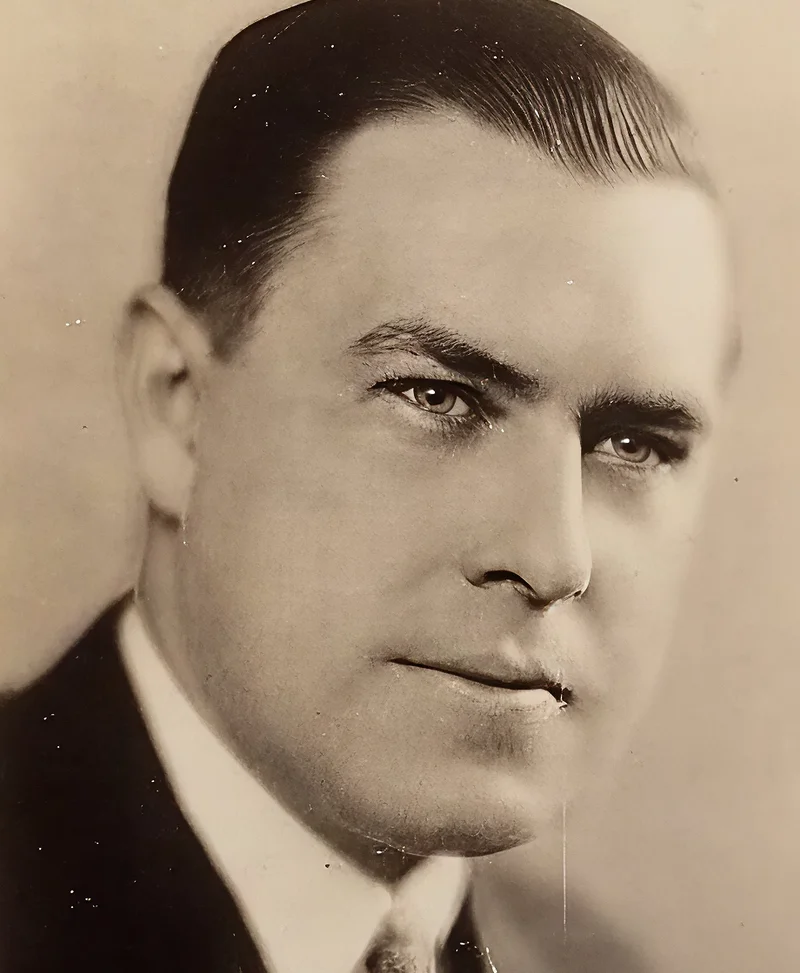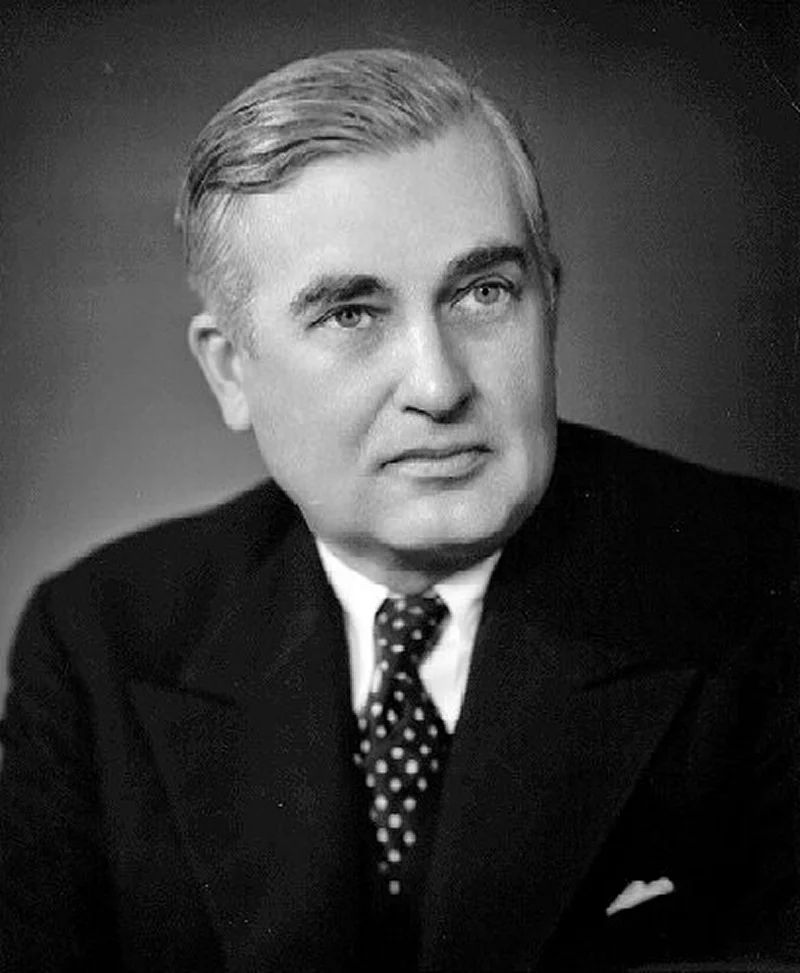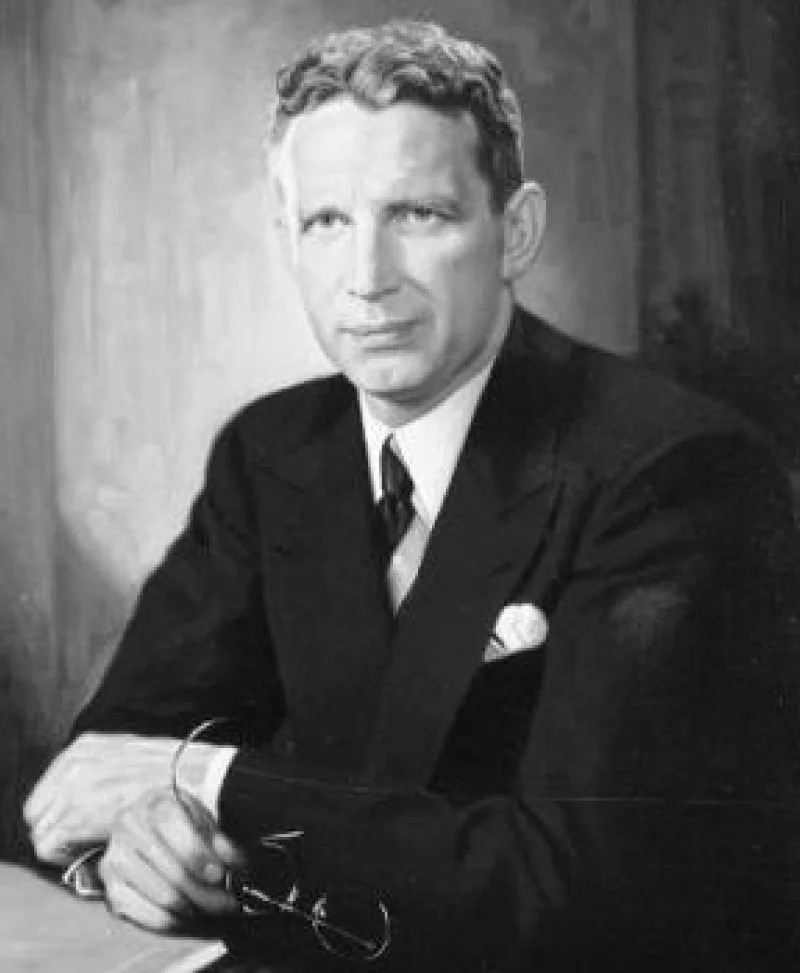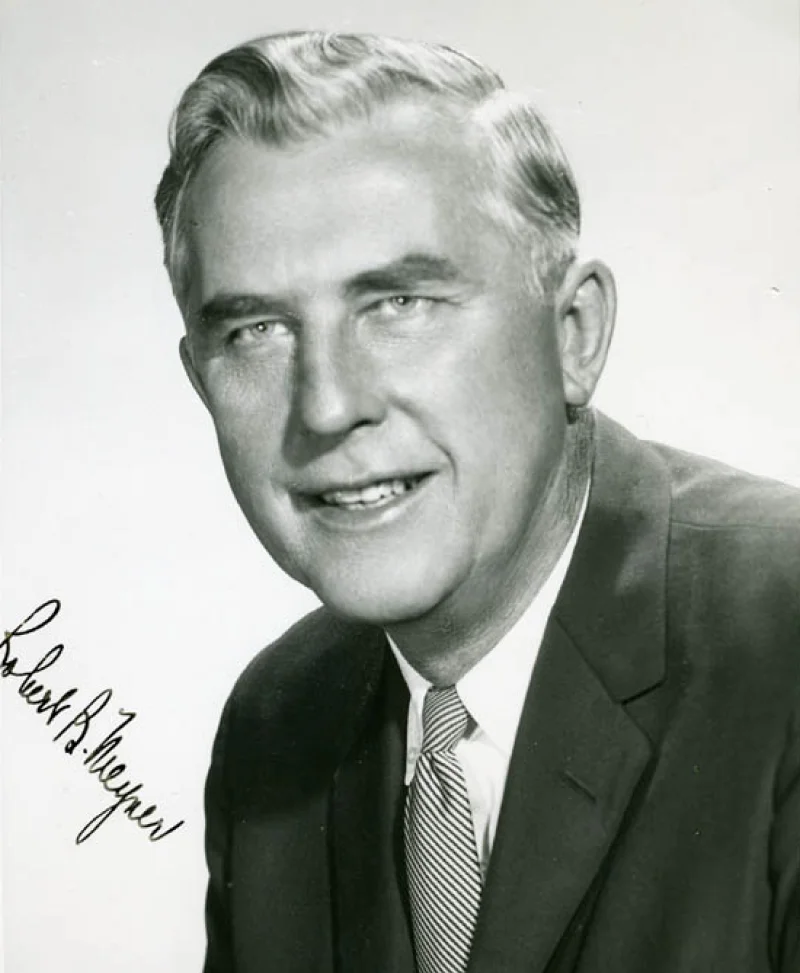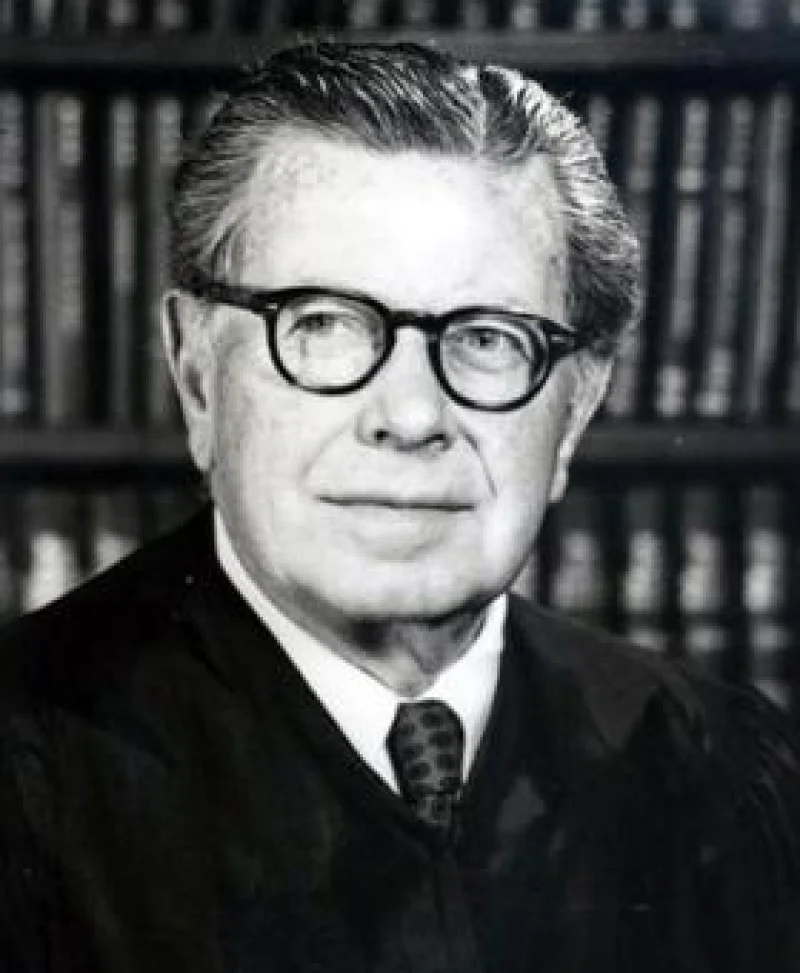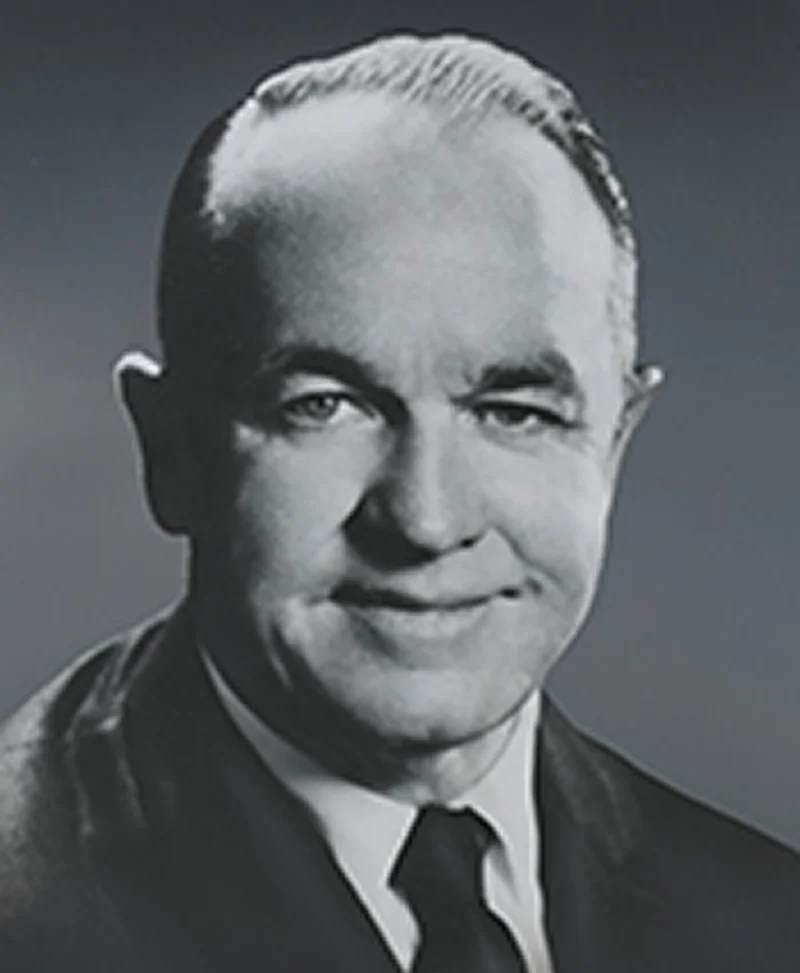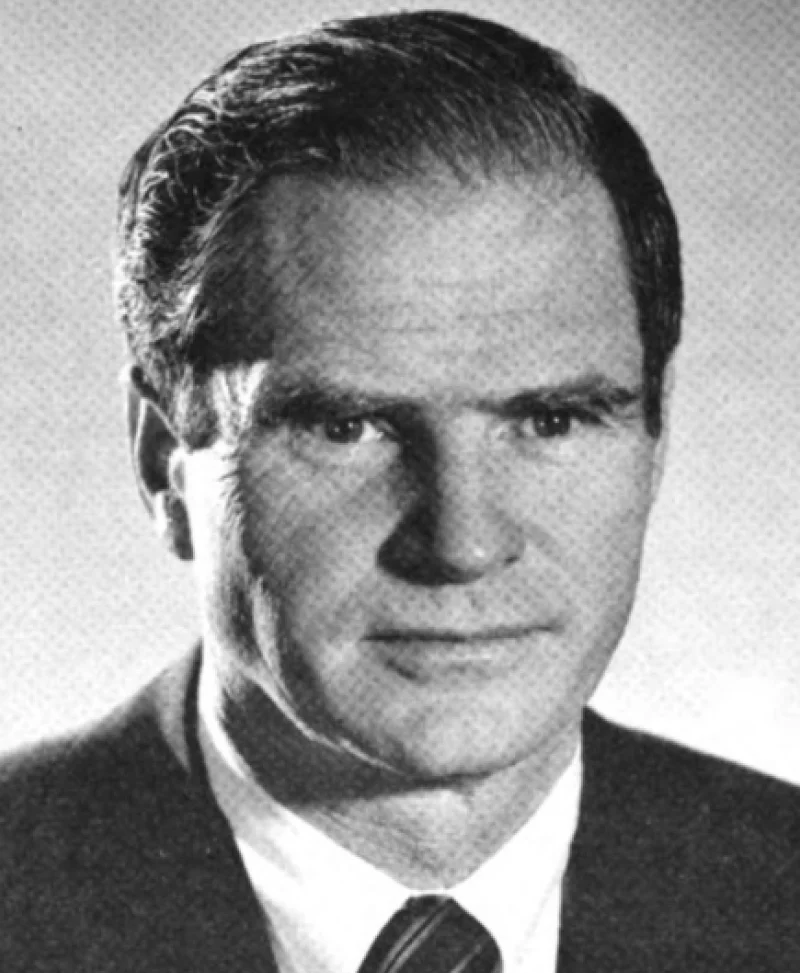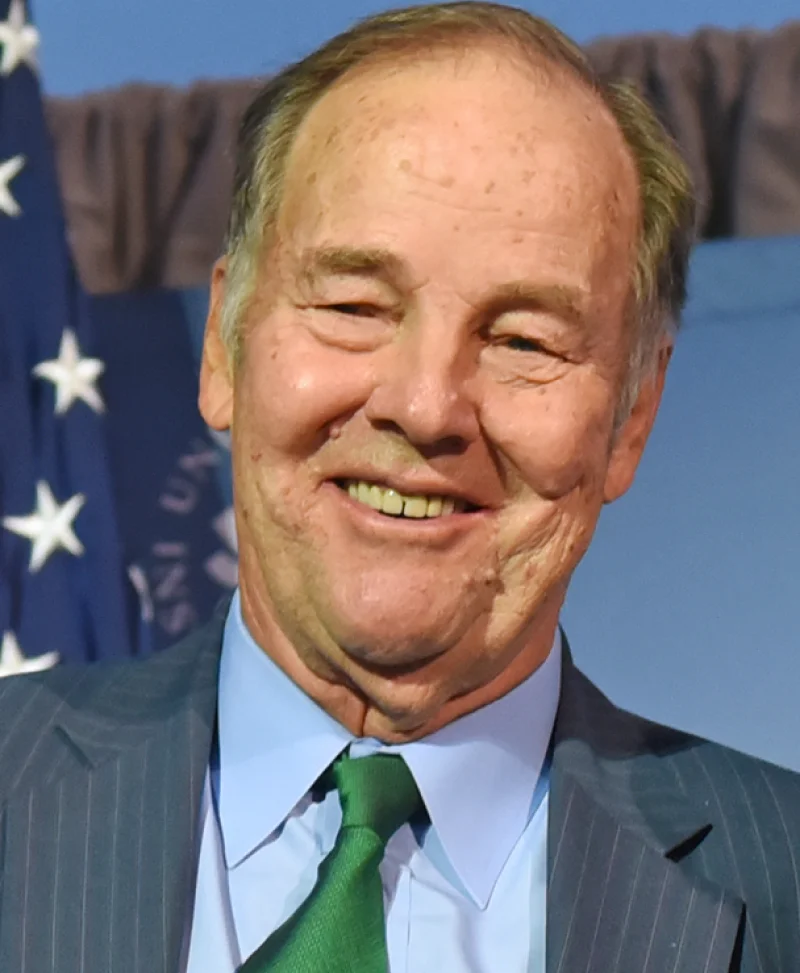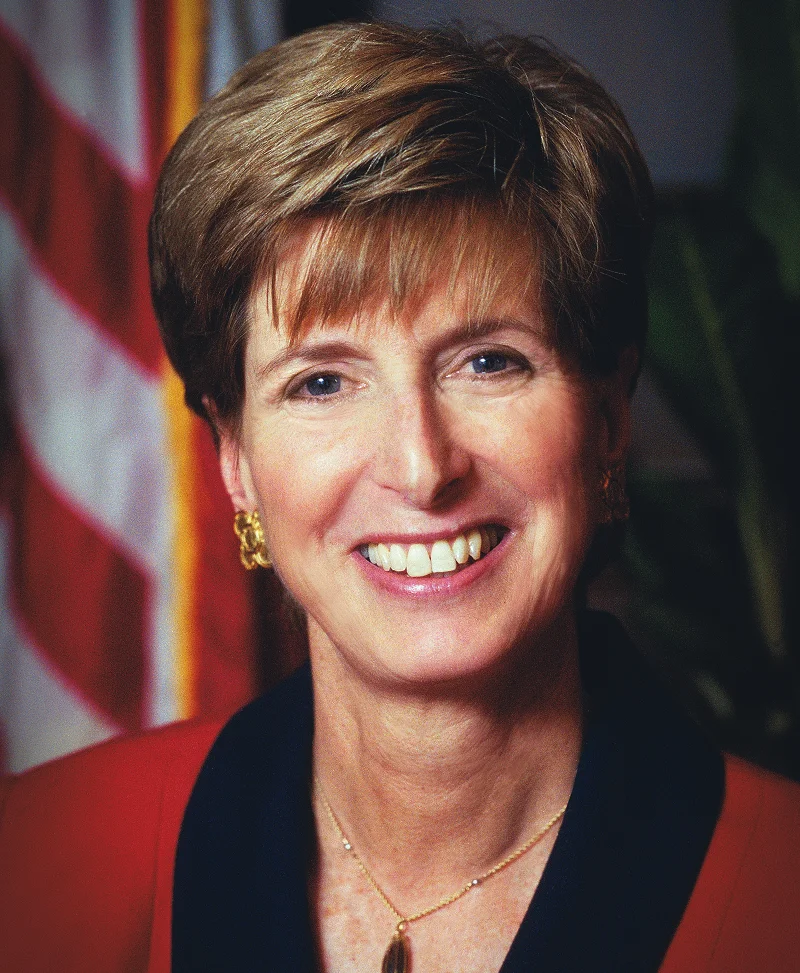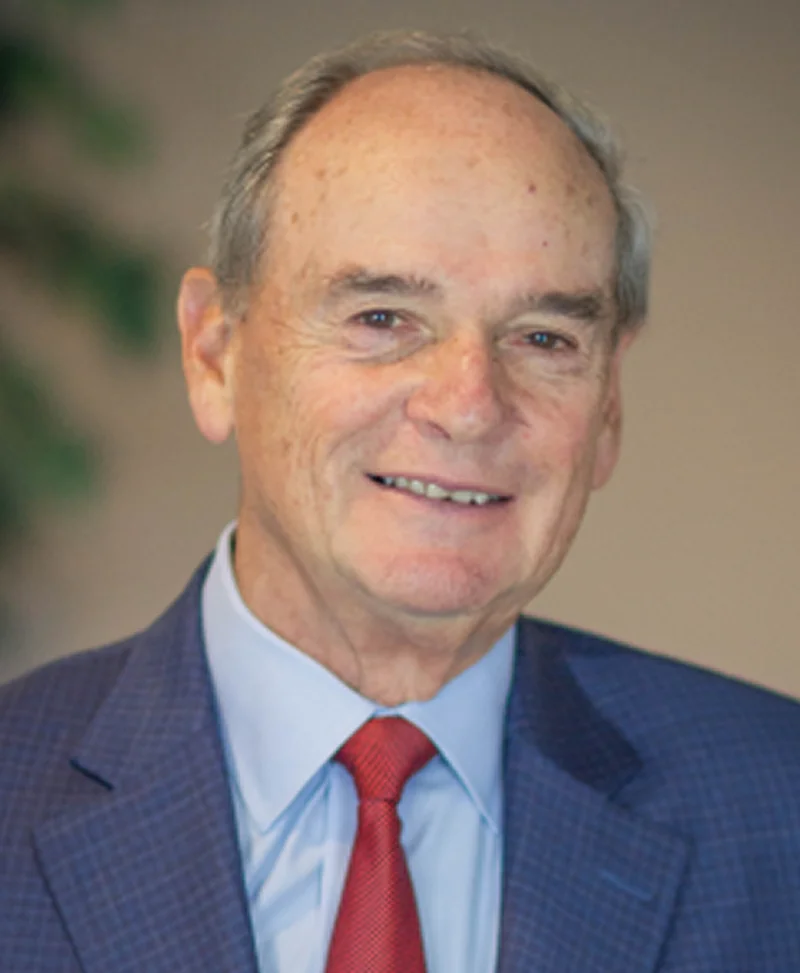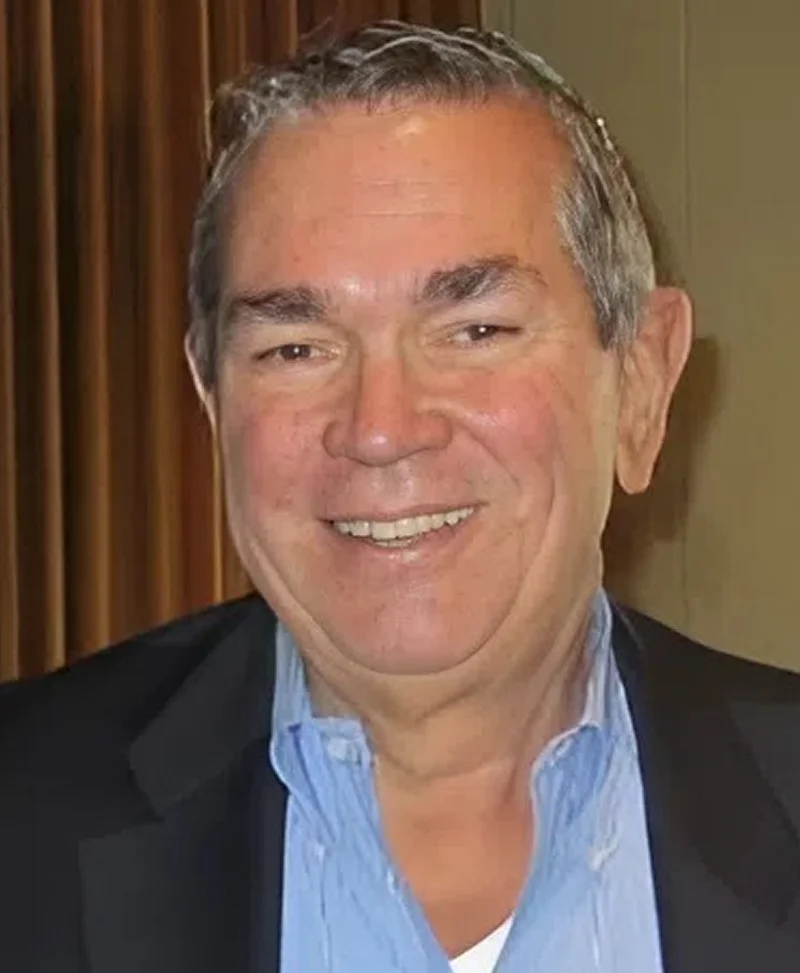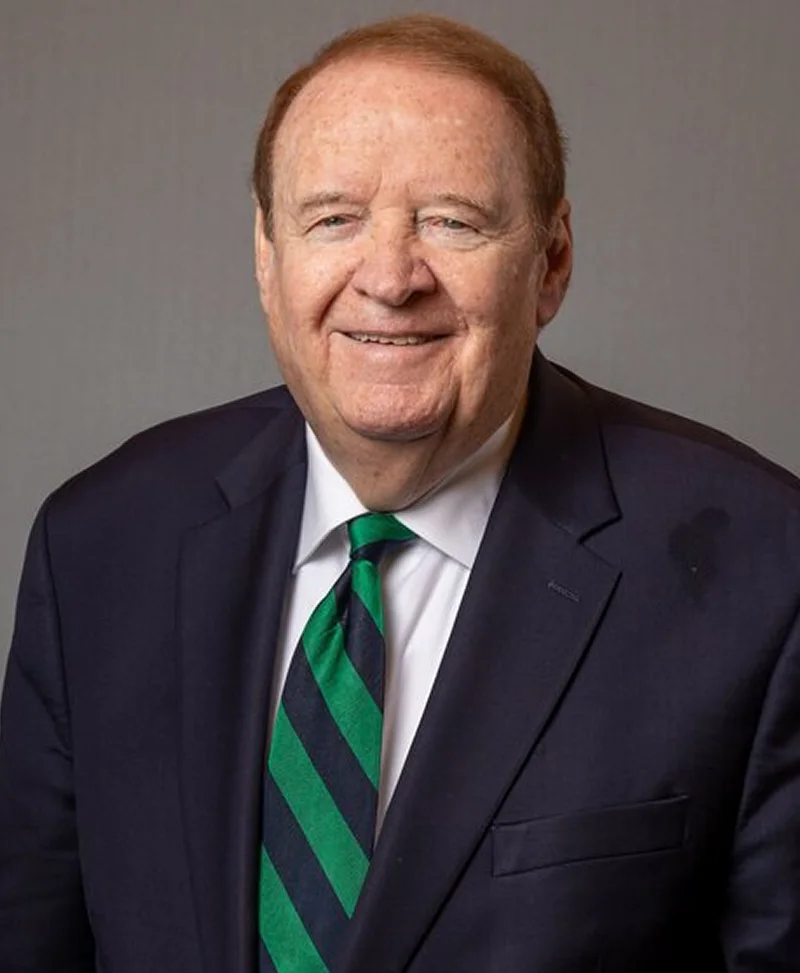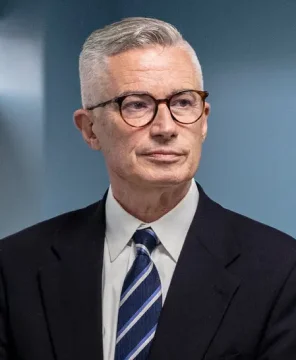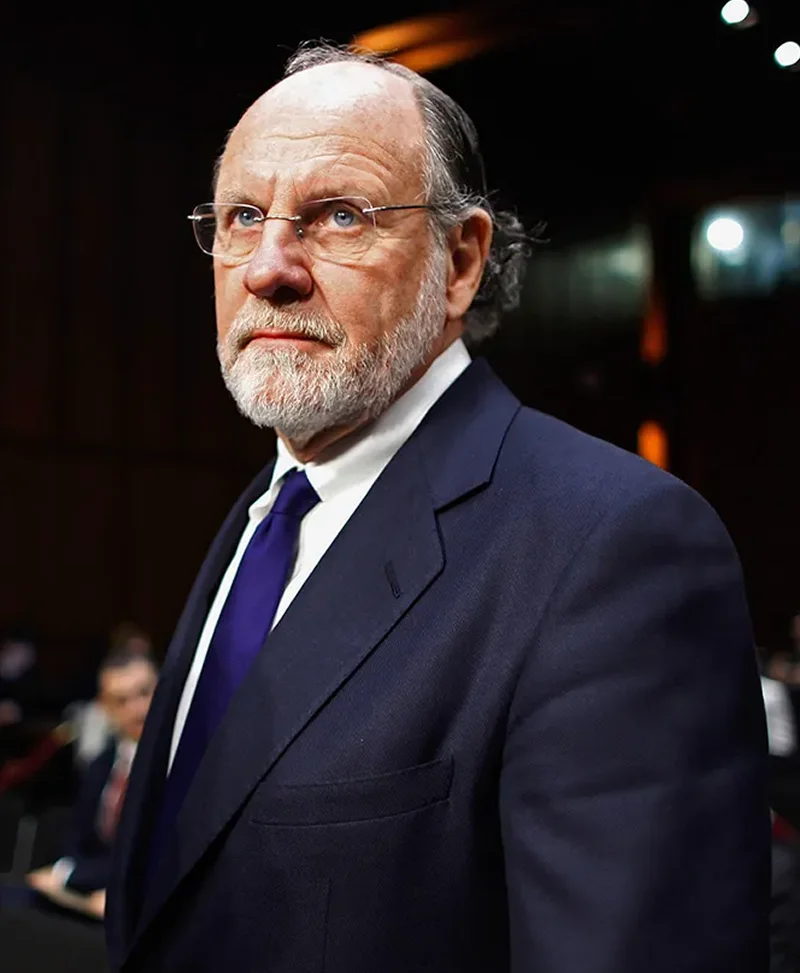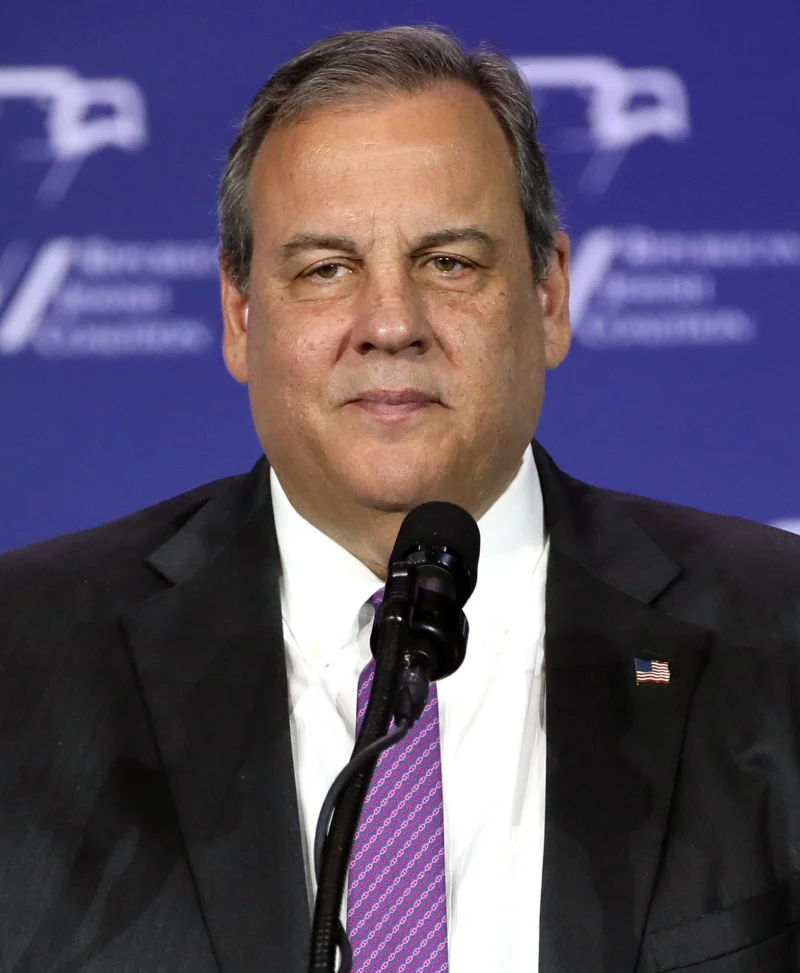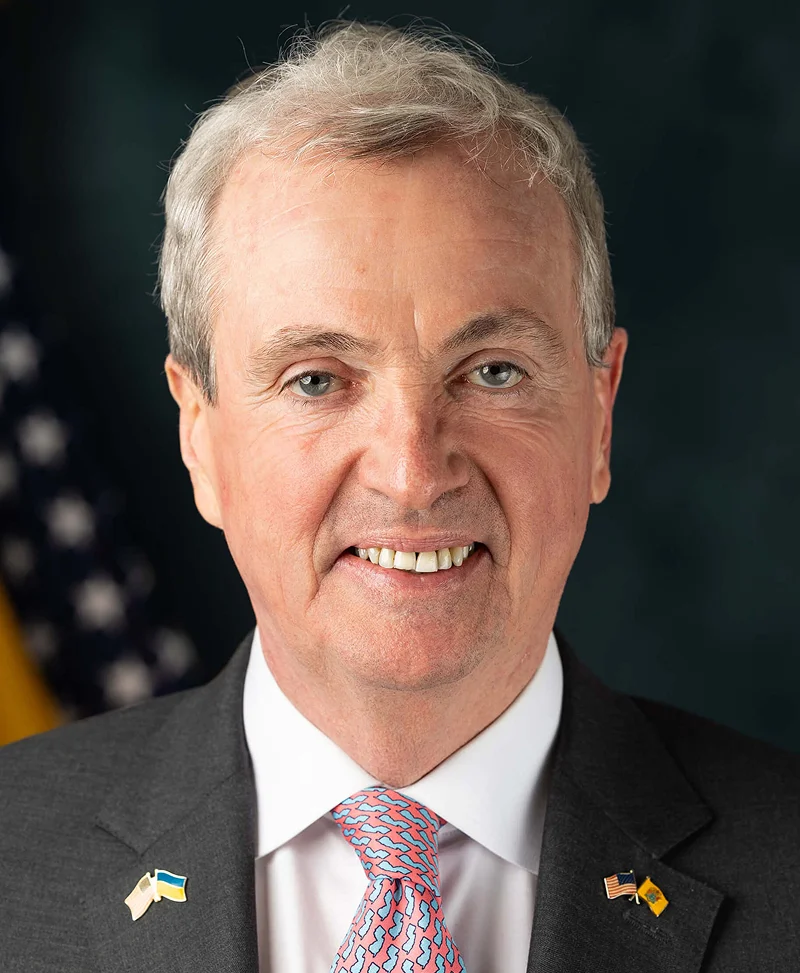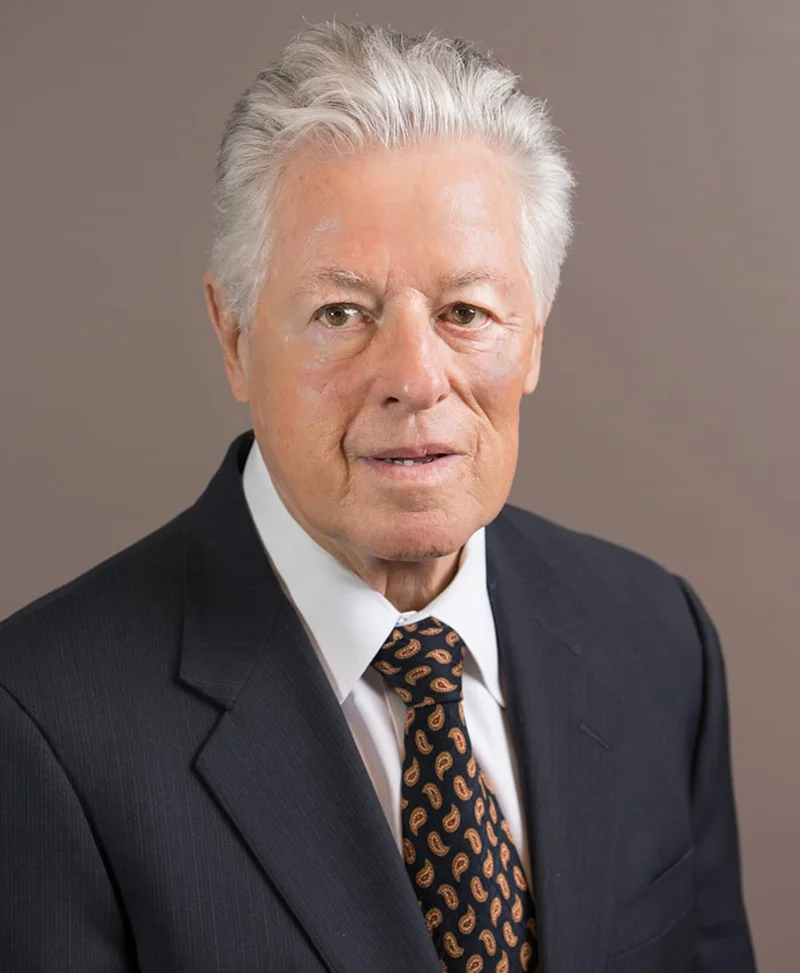
James Joseph Florio
- Trenton State College (BA)
- Rutgers School of Law–Camden (JD)
Early Life and Education
James Joseph Florio was born on August 29, 1937, in Brooklyn, New York. He moved to New Jersey as a young man and began a career that combined public service with legal expertise. He served in the U.S. Navy and later earned a Bachelor of Arts from Trenton State College, followed by a Juris Doctor from Rutgers School of Law–Camden.
Rise in Public Service
Florio entered politics in the 1960s and was elected to the New Jersey General Assembly in 1969. He then served in the U.S. House of Representatives from 1975 to 1990, representing South Jersey. While in Congress, he was best known as the principal author of the Superfund law, a landmark piece of environmental legislation that funded the cleanup of toxic waste sites nationwide.
Governorship and Bold Reforms
In 1989, Florio was elected the 49th Governor of New Jersey. He inherited a large budget deficit and made controversial decisions to raise taxes and restructure school funding in an effort to stabilize the state’s finances. He also passed strict gun control laws, among the toughest in the nation at the time.
Though his reforms were fiscally sound, they were politically costly. Florio’s popularity dropped during his term, and he lost his re-election bid in 1993. Still, many of his policies laid the groundwork for long-term state improvements.
Later Years and Legacy
After leaving office, Florio remained active in public affairs, practicing law and contributing to policy debates on environmental and fiscal issues. He also served on various boards and commissions. He passed away on September 25, 2022, at the age of 85.
Legacy
James Florio is remembered as a principled reformer who prioritized long-term solutions over short-term popularity, especially in the areas of education, environment, and fiscal responsibility.

